Animals
-
 Animals
AnimalsAustralia’s unexpectedly dangerous creatures
Australia is home to an array of deadly things — from crocodiles to venomous snakes — but dangers can also be found among seemingly safe critters.
-
 Ecosystems
EcosystemsBee losses followed World Wars
British historical records show a century-long decline of important pollinators: bees and some wasps.
By Beth Mole -
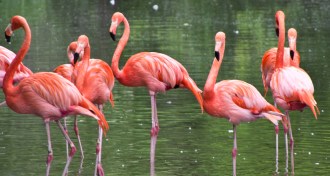 Life
LifeNew tree of life confirms strange history of birds
A genetic analysis supports some odd groupings in the bird tree of life, showing a lot of convergent evolution in avian history.
By Susan Milius -
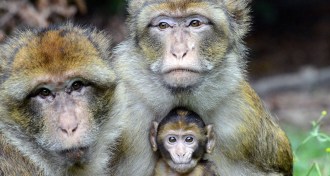 Animals
AnimalsMale monkeys’ social bonds may ease everyday stress
When male primates live in groups with other males, they tend to fight over females. But male-male bonding can reduce stress, a study finds.
-
 Animals
AnimalsFinch sperm go long to fertilize more eggs
For finches, longer sperm mean a faster route to storage and a higher likelihood of being a dad at the end of the day.
-
 Animals
Animals‘Tis the season for white-nose syndrome in bats
While bats are active, the fungus that causes white-nose syndrome stays put in the caves the bats call home in winter. New findings show how the fungus varies through the seasons.
-
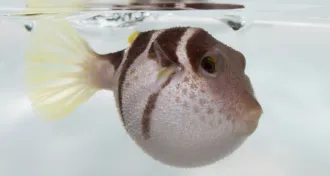 Animals
AnimalsThat puffed-up pufferfish isn’t holding its breath
Pufferfish can breathe just fine even when they puff themselves out with water, a new study finds.
-
 Life
LifeElectric eels remote-control nervous systems of prey
Electric eels’ high-voltage zaps turn a prey fish against itself, making it freeze in place or betray a hiding place.
By Susan Milius -

-
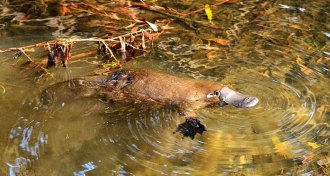 Animals
AnimalsPlatypuses are full of mystery
With duck bills, webbed feet and venomous spikes, platypuses are one of the weirdest animals you’ll ever be lucky enough to see.
-
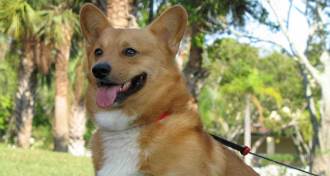 Neuroscience
NeuroscienceDogs’ brains may process speech similar to humans’
When it comes to interpreting human speech, dogs may have brain-hemisphere biases similar to people’s.
-
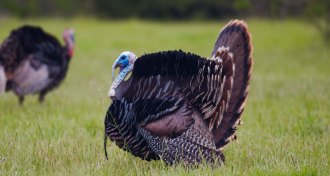 Animals
Animals10 bites of turkey trivia for your holiday meal
Will turkeys really drown if they look up in a rainstorm? Can they fly? Where did the domestic turkey come from? Learn answers to these questions and more.